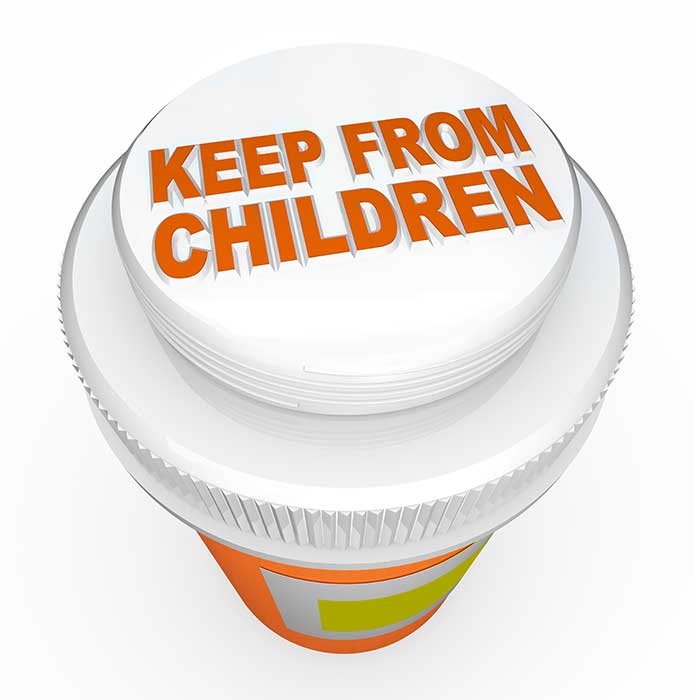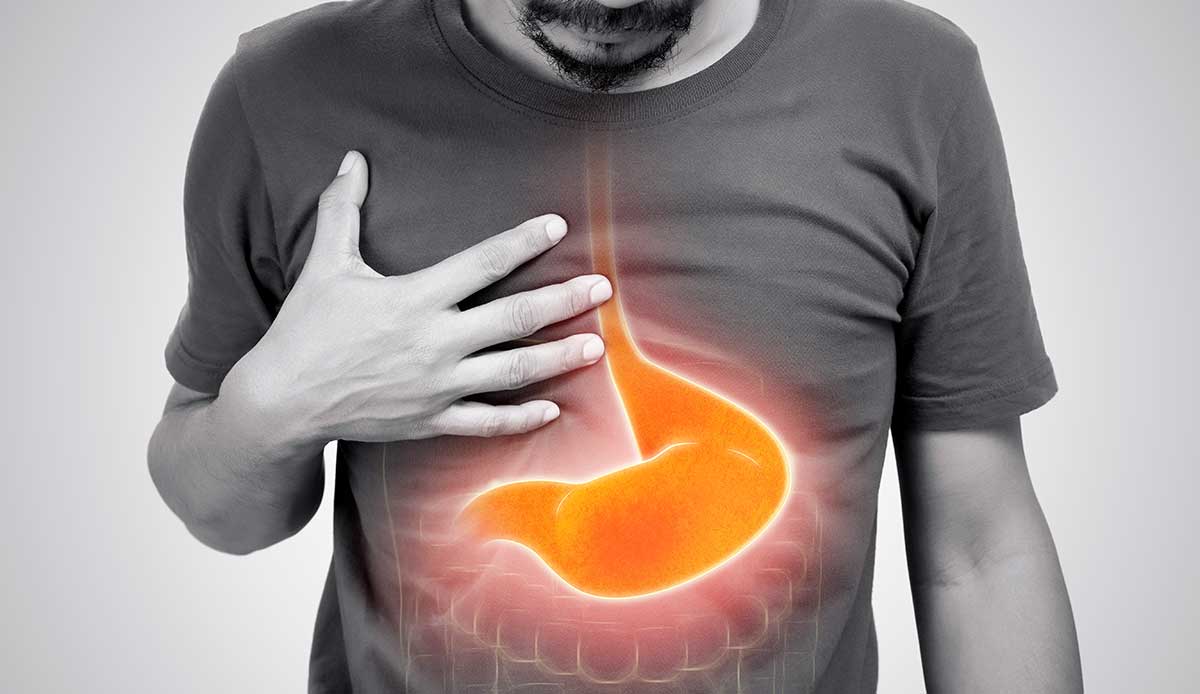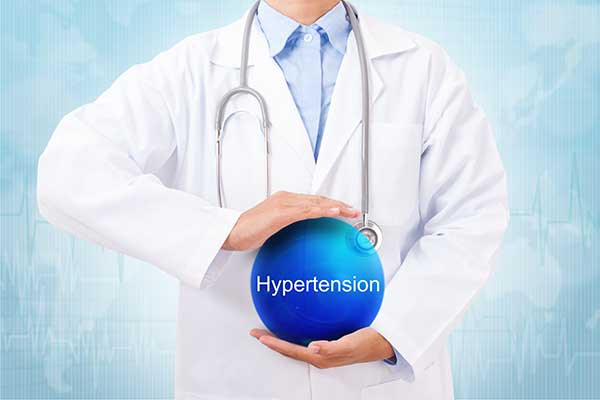
As parents, we always strive to keep our children safe and healthy. However, despite our best efforts, accidents can happen.
One such unfortunate situation is when a child accidentally takes blood pressure pills, which can pose serious risks to their health.
Blood pressure medication is commonly prescribed to adults to manage hypertension, but it can be dangerous for children, as their bodies are not equipped to handle such medications.
There are potential risks associated with children accidentally ingesting blood pressure pills, and here is a guidance on how to prevent such incidents from occurring.
Understanding Blood Pressure Pills
Blood pressure pills, also known as antihypertensive medications, are prescribed to adults to lower high blood pressure and reduce the risk of heart disease, stroke, and other cardiovascular complications.
There are several types of blood pressure pills, including diuretics, beta-blockers, angiotensin-converting enzyme (ACE) inhibitors, angiotensin receptor blockers (ARBs), calcium channel blockers, and others.
See also: Can Antihistamines Cause Anxiety?
These medications work in different ways to relax blood vessels, reduce the volume of blood in the body, or decrease the heart’s workload to lower blood pressure.
Risks of Children Accidentally Taking Blood Pressure Pills
Children are not typically prescribed blood pressure medication, as high blood pressure is relatively uncommon in children.
However, accidents can happen, and children may accidentally ingest these medications, either by mistaking them for candy or other small objects, or by accessing them without supervision.
Risks associated with children accidentally taking blood pressure pills
- Toxicity
- Organ Damage
- Allergic Reaction
- Drug Interactions
- Overdose
Toxicity
Blood pressure medication is formulated for adults and is not meant for children.
The active ingredients in these medications can be toxic to children, as their bodies are not developed enough to metabolize them properly. This can result in adverse effects, such as low blood pressure, dizziness, fainting, irregular heartbeat, or even shock.
Organ Damage
Blood pressure pills can potentially cause damage to children’s organs, such as the kidneys, liver, and heart, which are still developing. Ingesting these medications inappropriately can strain these organs and lead to complications, ranging from mild to severe.
Allergic Reactions
Children may also be allergic to certain blood pressure medications, and accidental ingestion can trigger an allergic reaction. Allergic reactions can range from mild symptoms like rash, itching, or swelling, to severe reactions like difficulty breathing, hives, or anaphylaxis, which is a life-threatening condition.
Drug Interactions
Blood pressure medications can interact with other medications that a child may be taking, leading to potential drug interactions. This can result in adverse effects or reduced efficacy of the medications, which can further complicate the situation.
Overdose
Ingesting a large amount of blood pressure pills can result in an overdose, which can be life-threatening, especially in children. Overdose symptoms can include nausea, vomiting, confusion, seizures, coma, or even death.
How to Prevent Accidental Ingestion of Blood Pressure Pills
- Store Medications in a Safe Place
- Store Your Medications Properly
- Educate and Supervise Your Children
- Use Childproof Containers
- Dispose Medication Properly
Preventing accidental ingestion of blood pressure pills in children is of utmost importance. Here are some essential steps that parents can take to minimize the risks:
Safe Storage
Blood pressure pills should be stored in their original containers with child-resistant caps, in a secure and locked cabinet or drawer that is out of reach of children. Avoid transferring medications to other containers, such as pill organizers or plastic bags, as they may be easily accessible to curious children.
Proper Medication Storage
Proper storage of blood pressure pills is crucial to prevent accidental ingestion by children. Medications should be stored in their original containers with child-resistant caps, in a secure and locked cabinet or drawer that is out of reach of children. Avoid transferring medications to other containers, such as pill organizers or plastic bags, as they may be easily accessible to curious children.
Education and Supervision
Educating children about the dangers of taking medications without proper authorization and supervision is critical. Children should be instructed to never take any medication, including blood pressure pills, without their parent or caregiver’s permission.
They should also be educated about the potential risks and consequences of ingesting medications not prescribed to them. Additionally, parents should always supervise their children, especially younger children, when they are around medications to ensure they do not accidentally ingest them.
Childproofing
Childproofing your home is an important preventive measure to keep medications out of children’s reach. Use childproof locks or latches on cabinets or drawers where medications are stored. Keep medications in high cabinets that are not easily accessible to children or in locked cabinets if possible.
Proper Medication Disposal
Proper disposal of unused or expired medications is essential to prevent accidental ingestion.
If you believe your child may have ingested your blood pressure pills, it is important to get them to the emergency room as quickly as possible. You can call 911 or take them to the nearest emergency room immediately.






